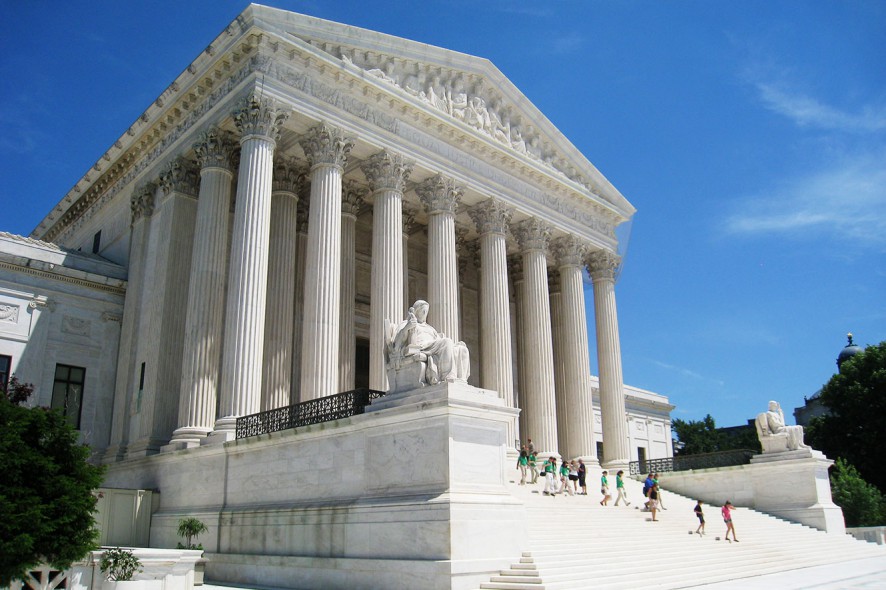Supreme Court of United States: The Court in a unanimous decision allowed the State’s writ of Certiorari and reversed and remanded the decision of the US Court of Appeals for the Ninth Circuit, effectively overturning the acquittal of the Respondent of the felony offense of domestic assault in Indian Country by a habitual offender 18 U.S.C § 117 (a). The Court considered the Constitutional validity of the use the Respondent’s earlier convictions in tribal-court proceedings as predicate offences to constitute the federal offence, given that he had, as an indigent, been uncounseled in such earlier proceedings.
The Respondent, Michael Bryant Jr., had several misdemeanour convictions for domestic assault,, resulting in terms of imprisonment shorter than one year, in proceedings before the Northern Cheyenne Tribal Court. In 2011, a federal grand jury in Montana indicted Bryant on two counts of domestic assault by a habitual offender, in violation of §117(a).. He was represented by appointed counsel as an indigent. This conviction was reversed by the Ninth Circuit.
The present Court, in an opinion given by Justice Ginsburg, distinguished Burgett v Texas 389 U.S. 109 (1967) which stated that a conviction obtained in violation of the Sixth Amendment could not be used either to support guilt or enhance punishment in a subsequent case, because the tribal convictions were not made infirm by a violation of the Sixth Amendment in the first place. Sixth Amendment challenges cannot be entered in tribal court proceedings as per Plains Commerce Bank v. Long Family Land and Cattle Co. 554 U.S. 316; such proceedings are governed by procedural safeguards analogous to the Bill of Rights and Fourteenth Amendment given by the Indian Civil Rights Act 1968, wherein right to appointed counsel can be invoked only for sentences of 1 year or longer. The Court cited Nichols v. Unites States 511 U.S. 738, where it was held that an uncounseled misdemeanour conviction valid under Scott (Scott v. Illinois 440 U.S. 367, no constitutional right to appointed counsel if conviction result in fine or non-custodial punishment) because no prison sentence was imposed, would also be valid if used to enhance punishment at a subsequent conviction.
Justice Thomas, concurring, nevertheless expressed concern regarding the incoherence of the law and the lack of constitutional basis for the assumptions underlying the case- that the retained sovereignty of the tribes enabled the prosecution of tribal members in proceedings not subject to the Constitution, and that yet Congress can punish assaults by one Indian against another. [United States v. Bryant, 579 U.S.___(2016),decided 13-06-2016]






